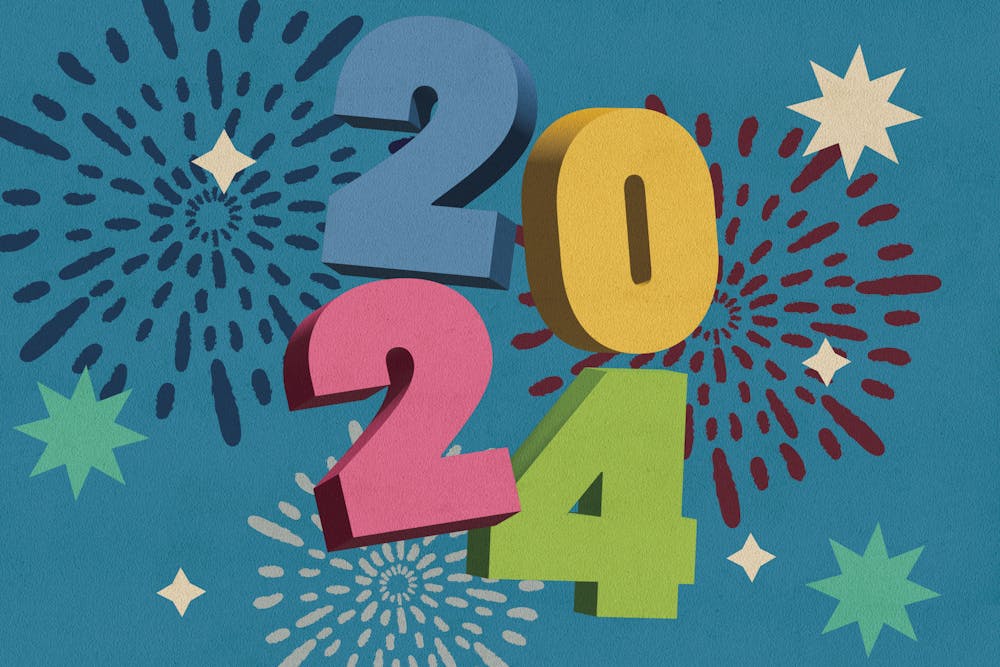January brings about a new year, a new semester and, for some UNC students, a new spin on old habits.
Tory Greene, a first-year, said her resolutions are to get good grades this semester, stay healthy and maintain a good relationship with herself and mental health.
“This is my first semester at Chapel Hill because I'm a transfer student, so I just want to have a good time with my classes and get good grades and meet new people while I'm here,” Greene said.
Associate professor of psychology and neuroscience Steven Buzinski researches the social, situational and psychological processes that influence judgment and decision-making — which involve self-regulation and self-control.
He said during specific demarcations in time, like the new year, people are more motivated to improve things in their life. This is called the "Fresh Start Effect."
“There's reason to believe that when you use some kind of fresh start, or a new month, a new year and even just a new week starting on Sunday or Monday, there's something about it that increases our motivation, at least temporarily, to pursue these things,” Buzinski said.
This type of temporary motivation can be ineffective if someone doesn't set their goals correctly.
He recommended setting a fixed goal with guidelines and making that goal measurable and time-bound.
For instance, he said if someone would like to read more, they should choose a specific time to pick up a book every day or week and then, it becomes a decision they don't have to make in the moment anymore.




